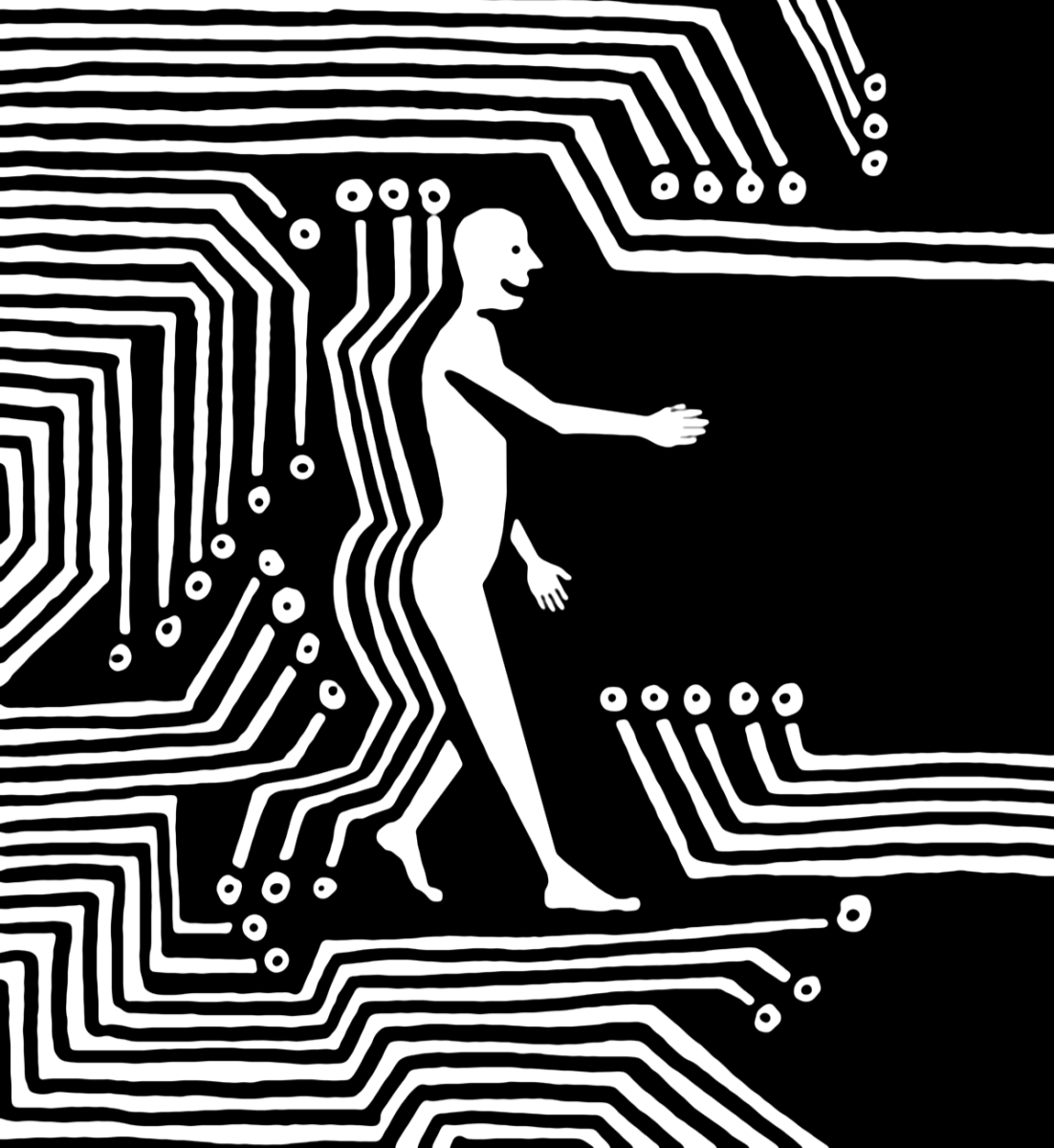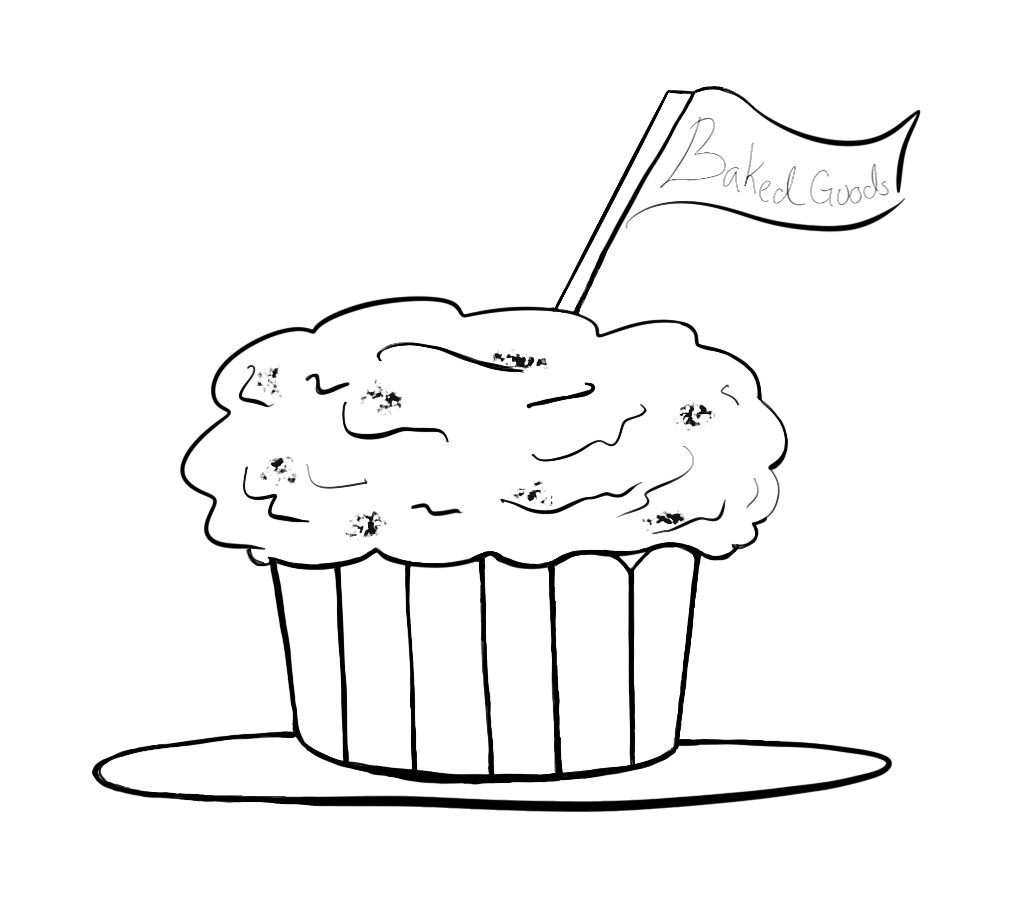I was born on a farm in central Minnesota. My parents, neither of whom attended college, moved to the Twin Cities in search of something better for their children. Minnesota had invested in education, and my suburban high school provided a good foundation. In 1976, I left for St. Olaf, subsidized by grants from the state, my work in a nursing home, and savings my parents scraped together. It was there that I found my passion for science. I received a solid foundation from superb faculty in chemistry, math, and biology. Most importantly, was the mentorship of Dr. Alice Burton, who taught me cells are filled with tiny protein machines. It was there that I learned science could be a career. However, I’d never been in a lab outside a classroom, and never met a practicing scientist. Thankfully for me and for our nation, American leaders in both parties decided the future lay in investing in science. From the space race to creating the National Institutes of Health (NIH), our nation aspired to lead the world in science and technology.
Part of that was investment in each new generation of scientists. My path began right after college, when Burton connected with colleagues at the University of Minnesota, helping ensure two St. Olaf students were admitted to a Research Experience for Undergraduates (REU) program funded by the National Science Foundation (NSF). I spent the next year in Irwin Rubenstein’s lab, surrounded by graduate students and postdocs, learning to be a scientist. They guided my graduate school applications and read my essays. In 1981, I started a PhD program in
biochemistry at Harvard, funded by an NSF Graduate Fellowship, entering a lab whose fundamental work on the molecular basis of embryonic development was funded by NIH. Postdoctoral work at Princeton, funded by my fellowship from NIH, further equipped me, and in 1992, I started an NIH-funded research lab at the University of North Carolina at Chapel Hill, where I am the Michael Hooker Distinguished Professor of Biology.
As a professor, I have tried to pay back the mentorship and support I received. I teach undergraduates, and biology is our campus’ largest major. Almost a hundred undergraduates have done research in my lab, joining more than fifty postdocs, PhD students, and postbac scholars who also worked there. I also assisted in leading an NSF REU, like the program that launched my career. Each summer for around 40 years, college students from around the nation, including many from Minnesota, came to our campus to work in labs at UNC — among them in the last two years was a Carleton student.
That investment in science and technology paid off remarkably well for our nation. This semester, I am teaching cancer biology. It’s been incredible to see and teach about the improvements in cancer treatment in the 20 years I taught this course. Between 1991 and 2019, the cancer death rate decreased by 32%. New treatments for breast cancer, colon cancer, and most recently melanoma have saved millions of lives. Our lab was a small part of that, helping define pathways cells use to communicate with one another, pathways altered in almost all cases of colon cancer. Similar investments in other technologies revolutionized solar and wind power, created the internet, and drove advances in AI. This investment also creates good jobs — NIH, for example, awarded $715 million to institutions across Minnesota, from the University of Minnesota to the Mayo Clinic, an investment that fueled 68,000 biotech jobs. All of this depends on continuing to train the next generation of scientists. Colleges like St. Olaf and Carleton are the starting point for many of our nation’s PhD students — St. Olaf ranks in the top five baccalaureate colleges in the number of graduates who go on to earn PhDs in biology and biological sciences, and in chemistry.
Suddenly, with a new administration, all of this is under threat. Actions by Elon Musk have virtually halted the review and funding of new NIH grants, money already allocated by Congress in a bipartisan way, threatening labs across the nation and all employed in them. Worse, they are eliminating programs that train the next generation of scientists, programs like the NSF REU that launched my career, or UNC’s Postbaccalaureate Research Education Program (PREP) that gives students the research experience they need to enter graduate school. These drastic cuts mean many U.S. universities, including mine, reduced or even eliminated next year’s new class of PhD students, eliminating opportunities for this year’s graduates of colleges like St. Olaf or Carleton. Without new scientists, we’re abandoning our leadership in biomedical science to China. Each of us has a voice in this. If you think investment in science and the next generation of scientists is important, contact your representatives in Congress.





